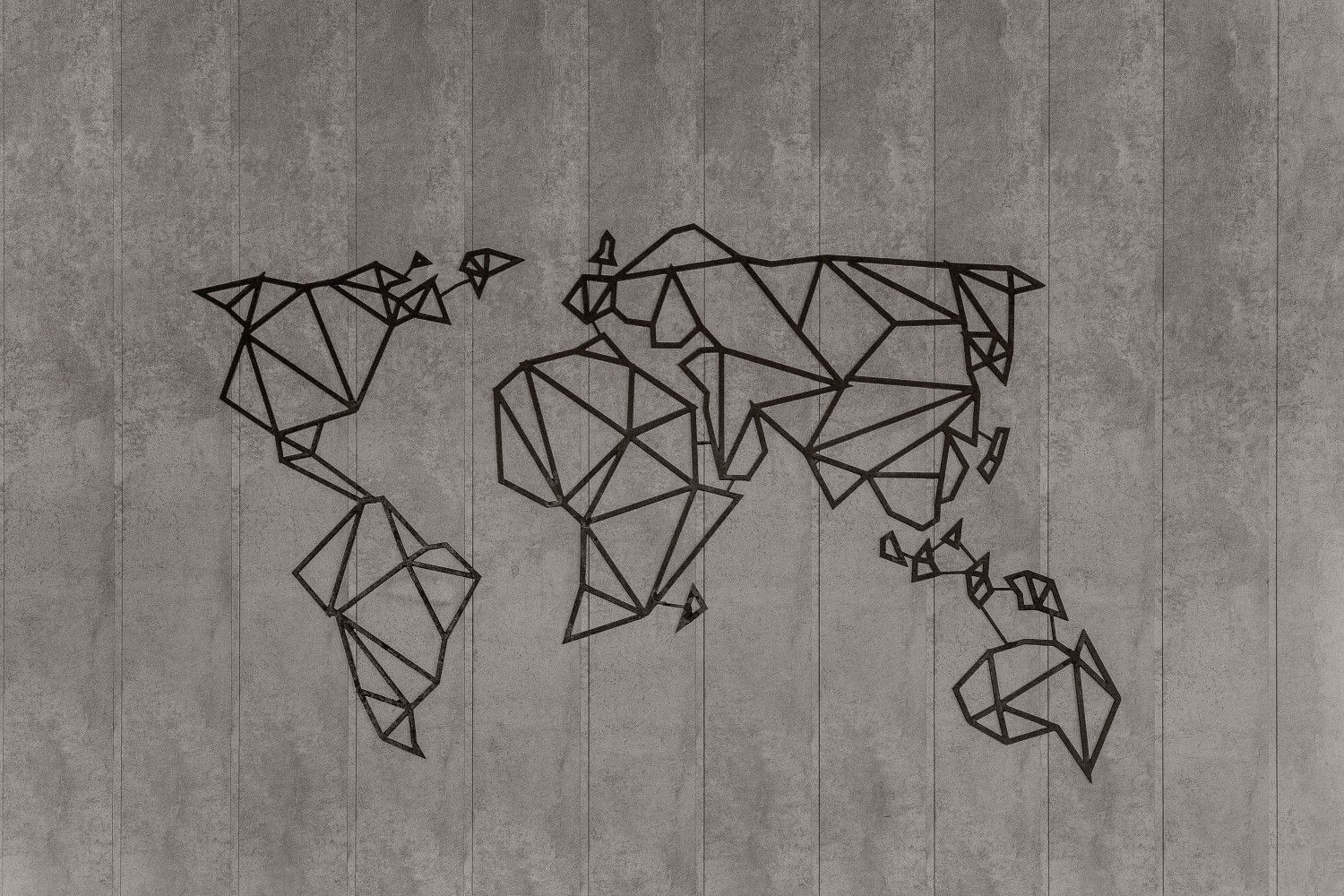From Globalization to Factionalization
Several years ago we reached 'peak globalization' and since then we are rapidly descending into a factionalized world. Freedom-loving governments must adapt to this new reality.

The Belarusian hijacking of Ryanair Flight 4978 helped solidified some thoughts on international law and alliances.
I believe we reached 'peak globalization' several years ago and are rapidly descending into a factionalized world.
Globalization has lead to an intractable legal situation where companies are subjected to competing laws. This has led to increasing dissonance but has been manageable (though kludgy) so far, with companies behaving differently in different work locations.
That approach is not going to work for much longer.
Paranoid (authoritarian) countries are going to increasingly seek to exert control outside their borders; in our global world it is not enough to censor/control information locally--authoritarian regimes seek to exert control globally. Such states will increasingly issue laws and engage in policies that have global reach. Companies cannot function under a patchwork of contradictory laws, and since we as a world don't have a functioning non-corporate infrastructure for mass media sharing (e.g. Facebook, Youtube, Twitter, Weibo, WeChat, QQ, VKontakte, are all corporate) loose factions of like-minded states are going to form.
Countries with geopolitical significance and economic sway can enforce regime-defending laws with international repercussions on companies that do business in country. Those with authoritarian governments--like Russia and China–have so far been the only states effectively doing this.
The US has experienced weakened alliances in the 21st century, with significant recent atrophy, and there is a significant risk to the US that it will be left out and have an uninfluential role.
My guesses at key factions are:
- The EU
- Opposed to Russia, but begrudgingly open to China
- Russia and whichever European soviet-bloc countries it can poison with disinformation and attract with the sweet lure of autocracy (like Hungary and Belarus).
- Opposed to the EU and the US and wary of China
- China and Asian soviet-bloc countries and any East or Southeast Asian countries it can attract/coerce.
- Opposed to any real or perceived restrictions on itself
- The US
- Opposed by Russia and China, weakly supported by a few allies
Without action from the US to:
- support and invest in international norms,
- combat authoritarian ambitions and criminal acts,
- exert pressure domestically to prevent the importation of authoritarianism (including through the export of permissive technologies),
- and demonstrate international credibility--especially reliable commitment to our allies,
the US government/people will not have a meaningful global role, and the pragmatic business interests of 'American' companies will drive them to be used as pawns.
Right now only authoritarian regimes working diligently to grow their influence abroad, and they have been very successful. The US has a narrow band of time in which it can effectively build cooperation and combat this trend.
Ideology will play a part, but the deciding factor in if/what faction a state joins will be economic interests, and the ability * the commitment of the faction to enforce its will. Unfortunately, it appears that authoritarian governments are far more interested in expanding power than democratic governments are in preserving democracy.
Autocratic and authoritarian governments are fearful and arrogant and therefore unwilling to exercise or submit to restraint. Whether it is:
- Russia engaging in assassinations abroad;
- China effectively quelling foreign disagreement with its agenda on Taiwan or Hong Kong, genocide of Uyghurs in Xinjiang, territory-grabbing in the South China Sea, or engaging in political retribution under the guise of bribery crackdowns;
- Turkish security personnel attacking protesters in DC;
- or Belarusian dictators hijacking an international flight to abduct dissidents
authoritarian governments are not content for their legal reach to be limited by their borders, and so far democratic governments are not demonstrating the interest or ability to force restraint/limitations upon authoritarian governments.
*NOTE: after drafting this yesterday, news came out today that Russia is blocking some flights from the EU that seek to avoid Belarusian airspace.
Photo by Marjan Blan | @marjanblan on Unsplash